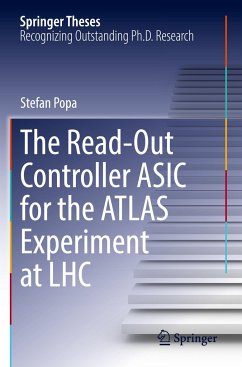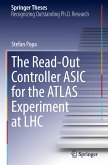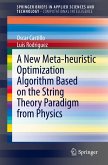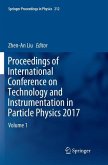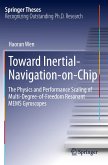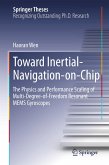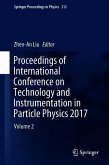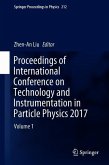This thesis presents the complete chain from specifications to real-life deployment of the Read Out Controller (ROC) ASIC for the ATLAS Experiment at LHC, including the design of the FPGA-based setup used for prototype validation and mass testing of the approximately 6000 chips. Long-lasting experiments like the ATLAS at the LHC undergo regular upgrades to improve their performance over time. One of such upgrades of the ATLAS was the replacement of a fraction of muon detectors in the forward rapidities to provide much-improved reconstruction precision and discrimination from background protons. This new instrumentation (New Small Wheel) is equipped with custom-designed, radiation-hard, on-detector electronics with the Read Out Controller chip being a mission-critical element. The chip acts as a clock and control signals distributor and a concentrator, buffer, filter and real-time processor of detector data packets. The described and deployed FPGA-based test setup emulates theasynchronous chip context and employs optimizations and automatic clock and data synchronization. The chip's tolerance to nuclear radiation was evaluated by recording its operation while controlled ultrafast neutron beams were incident to its silicon die. Predictions for the operating environment are made. A proposed implementation of an FPGA Integrated Logic Analyzer that mitigates the observed limitations and constraints of the existing ones is included.
Bitte wählen Sie Ihr Anliegen aus.
Rechnungen
Retourenschein anfordern
Bestellstatus
Storno

